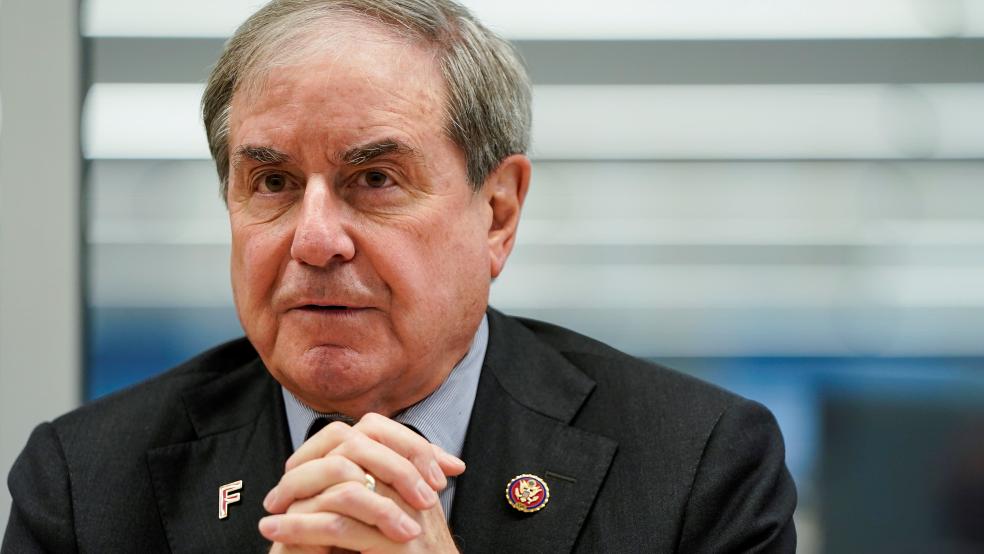Democrats in the House unveiled a resolution that would authorize roughly $1.5 trillion in discretionary spending for fiscal year 2022.
The so-called deeming resolution would allow the House to move ahead without debating a budget resolution and enable lawmakers to start working on the details of next year’s spending plan.
House Budget Committee Chair John Yarmuth (D-KY) said he hopes to have a budget resolution by July. In the meantime, House appropriators will begin drafting the 12 annual spending bills that fund much of the government.
A major boost in spending: The $1.5 trillion topline number represents a 9% increase in overall spending from the previous year. The deeming resolution does not specify the split between defense and non-defense spending, but the numbers within the individual bills are expected to stick close to what the Biden administration proposed — about $770 billion for domestic programs and $753 billion for defense, with the domestic spending increasing 16.5% and defense spending increasing 1.6%.
Budgetary strategy: Skipping over the budget debate allows Democrats to avoid what could be difficult votes on key details, not least the relative levels of defense and non-defense spending, an issue that has the potential to divide liberal and moderate members of the party.
Democrats are also attempting to lay the groundwork to advance their spending plans under different scenarios. If Republicans and Democrats are unable to agree on a deal on infrastructure spending, Democrats could move ahead on their own through the reconciliation process, the instructions for which would come in the budget resolution to be released later.
Again bypassing the standard budget process: Republicans complained Monday about the failure to produce a budget resolution. “It has been nearly 900 days since Democrats became the majority in the House of Representatives and during that entire time they have failed to pass anything close to a real budget,” House Budget Committee ranking member Jason Smith (R-MO) said.
The budget watchdogs at the Committee for a Responsible Federal Budget also expressed their concerns. “Deeming discretionary levels should be a last resort, not a first resort. With a unified government, Congress has absolutely no excuse for not passing a budget,” said CRFB’s Maya MacGuineas in a statement. “Yet almost two months past the legal deadline for Congress to finish a budget, neither the House nor the Senate Budget Committees have released so much as a draft. After putting forward a budget nearly every year since 1998, this could be the third year in a row where the House fails to even introduce a real budget resolution. This is a clear-cut failure of leadership, and it is no way to run a country.”




